UEN No.: 198802365N
UEN No.: 198802365N

COURSE DETAILS
James Cook Institute
Course Duration
15 HRS
Course Reference Number
TGS-2023037503
Funding Validity Period
Mode of Training
Classroom
Training Timing
9am to 5.30pm
COURSE OVERVIEW
This course is targeted towards those in the Food Services sector. We will cover all the technological advances in IT that is impacting or will impact the sector. In this course, we will help learners to understand the implication of various technology advancement and digital tools that will affect how the food services sector will operate and how it will affect the service delivery and the manpower skills required.
Learners will be able to apply Generative AI tools such as Copilot and Gemini to streamline tasks, analyse data in Excel and create intelligent and novel content in Word and PowerPoint.
Learners will also be able to apply analytics to gain business insights, use automation to enhance productivity, and understand security risks associated with using emerging technologies and how to mitigate those risks
By the end of this course, learners will be able to:
In-demand Digital Tools
Cybersecurity Risk
Automation
Data Analytics
Download the PDF below for a summary of the course outline.
COURSE FEES
Company Sponsored
| Funding Type | Full Fee | Funding Amount | Fee After Funding | GST on Fee After Funding | Additional Funding | Nett Fee Payable (incl. GST) |
|---|---|---|---|---|---|---|
| Small Medium Enterprises (SMEs) | $530 | $371 | $159 | $14.31 | $106 | $67.31 |
| Non Small Medium Enterprises | $530 | $371 | $159 | $14.31 | n.a | $173.31 |
| Singaporean Employees aged 40 years and above | $530 | $371 | $159 | $14.31 | $106 | $67.31 |
Course Fee Funding:
SME: 70% of course fee + Additional 20% of course fee
Non-SME: 70% of course fee
$4.50 per training hour capped at $100,000 per enterprise per calendar year
Self-Sponsored
| Funding Type | Full Fee | Funding Amount | Fee After Funding | GST on Fee After Funding | Additional Funding | Nett Fee Payable (incl. GST) |
|---|---|---|---|---|---|---|
| Singapore Citizens (40 years and above) | $530 | $371 | $159 | $14.31 | $106 | $67.31 |
| Singapore Citizens (21 to 39 years old) & Permanent Residents (21 years old and above) | $530 | $371 | $159 | $14.31 | n.a | $173.31 |
Course Fee Funding:
MCES: 70% of course fee + additional 20% of course fee
Normal: 70% of course fee
Related Courses
IT
15 HRS
Non-WSQ (Certifiable)
IT
15 HRS
Non-WSQ (Certifiable)
IT
15 HRS
Non-WSQ (Certifiable)
Have an enquiry? Feel free to connect via any of the channels below.
Leave a message
Chat on WhatsApp at
+65 8767 0614
Give us a call at
+65 6737 5761

Offering an extensive range of courses conducted by our pool of accredited trainers, we take pride in providing training solutions to meet your learning and professional objectives.